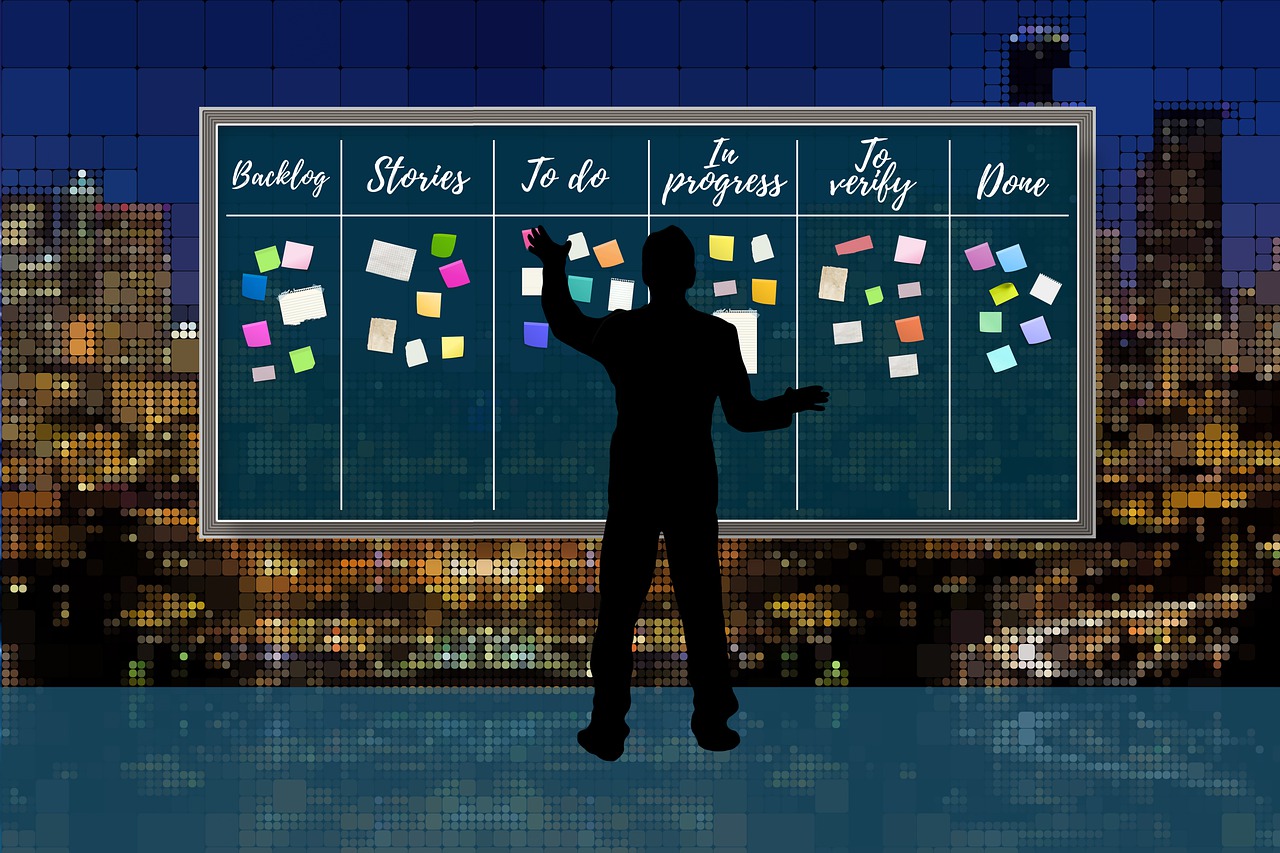Why Your Workflow Sucks (And What To Do About It)
Productivity is ultimately what allows living standards to rise. If you can do more in a set period of time, you can earn more money and improve your quality of life.
Unfortunately, most workers and businesses suck at this. The amount of output they achieve for each unit of input is shockingly and appallingly low.
The key is to improve workflow. These days, companies have all the technology they need to get more done in less time, they’re just making a mess of their processes.
Here are some of the reasons why your workflow sucks and what you can do about it.
You’re Constantly In Meetings
There’s nothing worse than going to meetings, one after another. It drains your energy and takes you away from real, productive tasks.
That’s why the most productive employees avoid meetings like the plague. Yes – they go to the ones they’re forced to go to. But, otherwise, they make excuses, or find ways around it.
Perhaps the best way to avoid meetings is to use business-focused chat software. This allows you to talk to people in real-time, instead of having to wait ages for an email reply.
You’re Chasing Perfection
The key to great work isn’t to chase perfection. Instead, it’s to just allow things to flow naturally. The perfection is in the act of flow, not the final product.
In fact, generally speaking, it’s a bad idea to focus on the quality of the outcome. If you do that, you’ll clam up and never really get to where you want to go in your job.
The trick is to allow things to unfold naturally. Focus on the tasks and go through the motions. Let go of fixed ideas about how good your work has to be or what you need to achieve. Commit yourself to the process and be present.
You Have Tunnel Vision
While tunnel vision might seem like it supports productivity, it rarely does. In fact, just staring at the same Word document for five hours is unlikely to get you anywhere.
Break up the day. Work naturally. Get into a rhythm. Find your stride. If you notice yourself sweating or straining over a particular task, take a break from it. You’ll often find that your brain does all the work it needs to do unconsciously so that you know the answer when you get back.
You’re Not Planning Your Activities
In most cases, there’s a certain sequence of events that you need to go through to do a job effectively. These so-called stages of job management are important to know in advance. However, once you grasp them, finishing even complex tasks is relatively easy.
Don’t do too much planning, though. If you spend all your time working out what you’re supposed to be doing, you won’t spend as much time actually doing it. Once you have a basic framework in place, dive in. Then allow your instincts to guide you.
You’re Letting Facebook And Twitter Distract You
Facebook and Twitter aren’t productivity tools, they’re distractions. And if you allow them to take up your time, they will.
Where possible, minimize online distractions. Don’t allow notifications to pop up on your computer, and leave your phone face down at all times while you work.
If there is something urgent that you need to respond to, you can set up your notifications so that only these come through.
You’re Not Setting Email Boundaries
Have you noticed that the people in your office who are the best at replying to emails are those who get the most of them?
There’s a reason for this: people figure out pretty quickly who is good and who is bad at responding. People who are bad at responding attract fewer emails because senders know that they are unlikely to get a timely response (so they don’t bother). By contrast, people who are good at responding attract more emails because senders know that they are highly likely to get a reply. It’s a vicious feedback loop.
When it comes to emails, you need to set clear boundaries. Tell colleagues that you will only respond during set hours of the day. If there’s something urgent, they can call.
You’re Getting Started Too Late
Lastly, if you’re the sort of person who wanders into the office at 11 am after everyone else, you’re missing out on valuable quiet time. Things tend to be pretty dead in the mornings. It’s only later on, say past 9 am, that things begin to get going. If you can get to the office at 7 am every day, you’ll get way more done than your colleagues.

